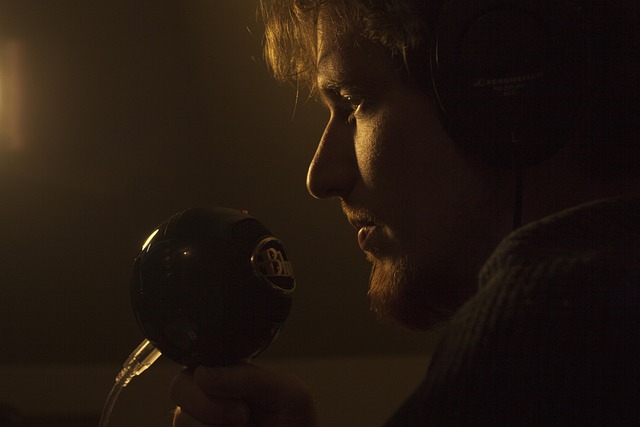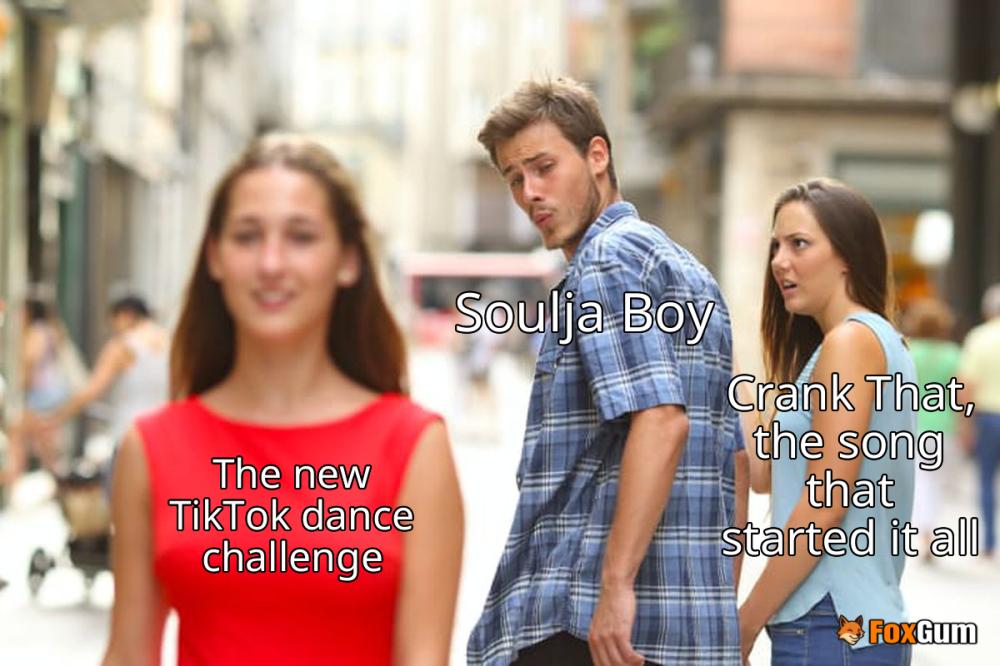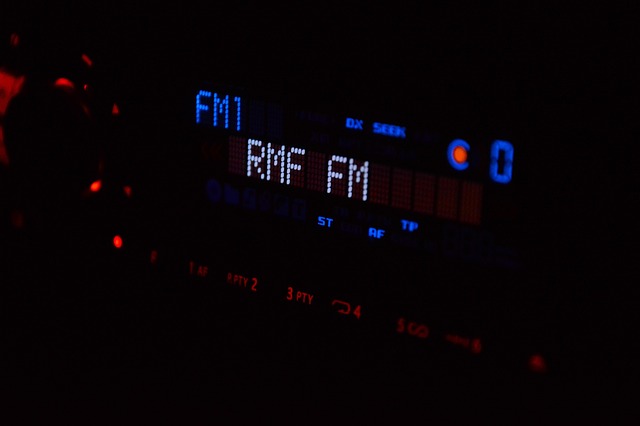
The Closure of MTV Channels: A Significant Shift in Music Broadcasting
MTV, once a revolutionary force in music and pop culture, is set to close five of its UK channels by December 31, 2025. This decision marks the end of an era for a network that has been synonymous with music television since its inception nearly 44 years ago. The channels affected include MTV Music, MTV 80s, MTV 90s, Club MTV, and MTV Live. While the flagship channel, MTV HD, will continue to operate, this move reflects broader changes within the media landscape.
Background on MTV's Impact
Launched in 1981, MTV transformed how music was consumed and experienced. It introduced music videos as a primary form of entertainment, influencing artists and shaping trends. Over the decades, the network expanded its programming to include reality shows and various music-related content, adapting to the changing tastes of its audience. However, as viewing habits shifted towards streaming services and on-demand content, traditional cable channels like MTV faced increasing challenges.
Reasons Behind the Closure
The decision to close these channels is part of a broader strategy by Paramount Global, MTV's parent company, to streamline operations and reduce costs. The company is under financial pressure to save up to $500 million across its global portfolio. Earlier in 2025, Paramount had already taken steps to cut costs by shutting down Paramount Television Studios and canceling several MTV productions. This trend indicates a significant shift in how media companies are adapting to the evolving landscape of content consumption.
What Remains?
Despite the closure of these channels, MTV HD will remain on air, continuing to broadcast popular reality shows such as Naked Dating UK and Geordie Shore. This indicates a pivot towards content that resonates more with current audiences, focusing on entertainment rather than music-centric programming. The decision to retain MTV HD suggests that the network is still committed to maintaining a presence in the entertainment sector, albeit in a different capacity.
The Future of Music Broadcasting
The closure of these channels raises questions about the future of music broadcasting. With the rise of streaming platforms like Spotify and Apple Music, traditional music television has struggled to maintain relevance. As consumers increasingly prefer on-demand access to music and video content, networks like MTV must adapt or risk becoming obsolete. This shift may lead to a reimagining of how music is presented and consumed, potentially paving the way for new formats and platforms.
Conclusion
The closure of five MTV channels signifies a pivotal moment in the history of music broadcasting. While MTV HD will continue to operate, the loss of these iconic channels reflects the changing dynamics of media consumption. As audiences evolve, so too must the platforms that serve them. The future of music broadcasting will likely be shaped by the ongoing transition towards digital and on-demand content, leaving traditional formats to adapt or fade away.
















 Romantic Ballads: The Legacy of Eddie Zondi
Romantic Ballads: The Legacy of Eddie Zondi 
 Health
Health  Fitness
Fitness  Lifestyle
Lifestyle  Tech
Tech  Travel
Travel  Food
Food  Education
Education  Parenting
Parenting  Career & Work
Career & Work  Hobbies
Hobbies  Wellness
Wellness  Beauty
Beauty  Cars
Cars  Art
Art  Science
Science  Culture
Culture  Books
Books  Music
Music  Movies
Movies  Gaming
Gaming  Sports
Sports  Nature
Nature  Home & Garden
Home & Garden  Business & Finance
Business & Finance  Relationships
Relationships  Pets
Pets  Shopping
Shopping  Mindset & Inspiration
Mindset & Inspiration  Environment
Environment  Gadgets
Gadgets  Politics
Politics 